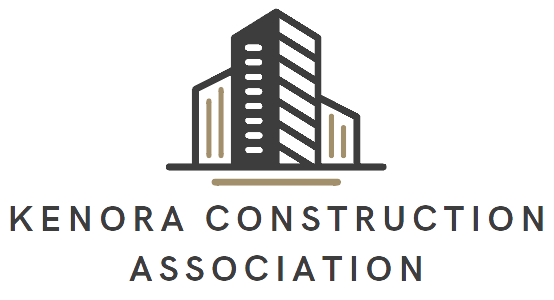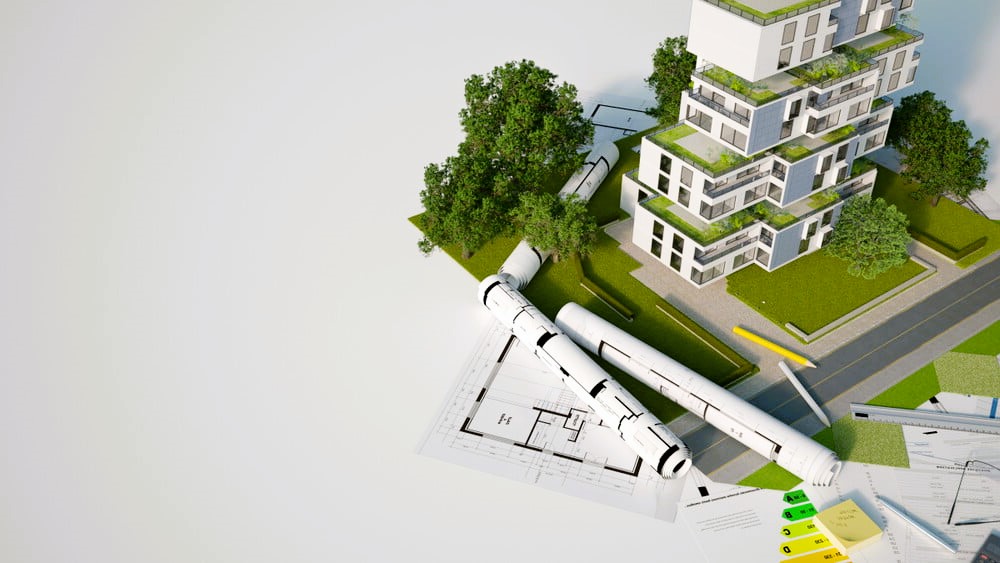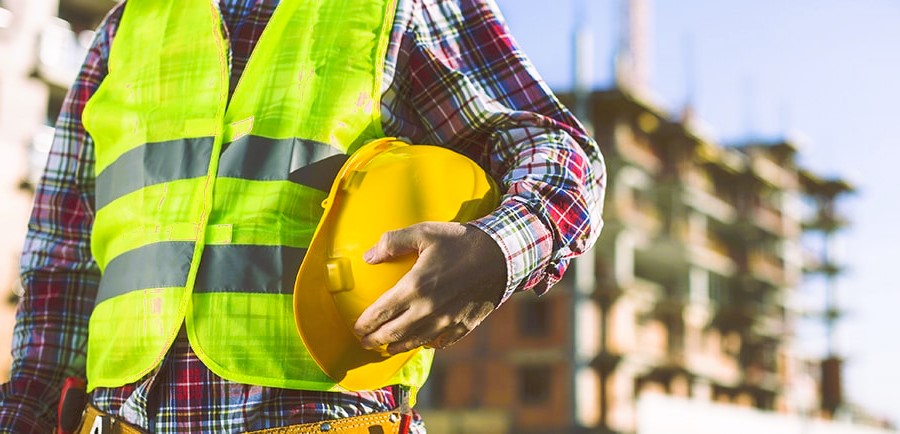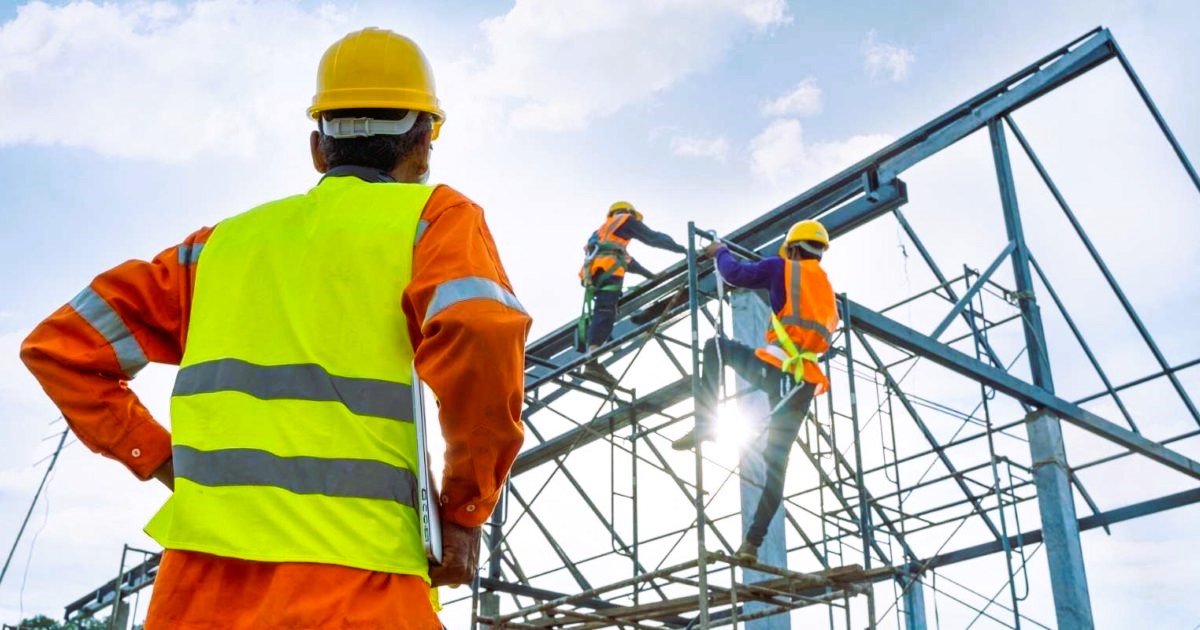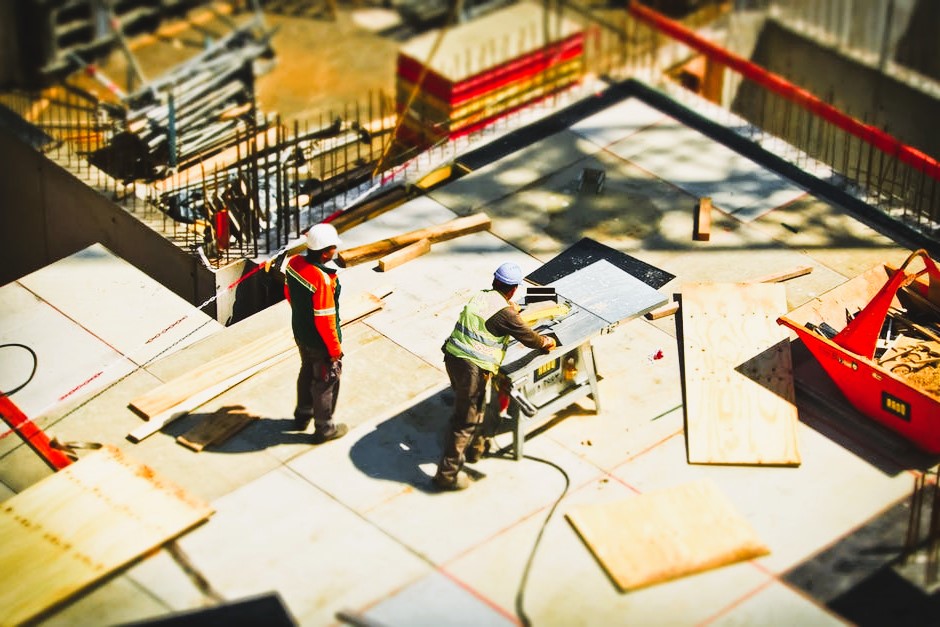As the world becomes increasingly aware of the importance of sustainability, the construction industry has a significant role to play in building a greener future. In the city of Kenora, Canada, sustainable construction practices are gaining momentum as the community recognizes the need to reduce environmental impacts and promote long-term sustainability. This article explores the benefits of sustainable construction practices and highlights the initiatives taken in Kenora to build a greener and more sustainable city.
Sustainable Construction: A Global Imperative
Sustainable construction practices aim to minimize the negative environmental, social, and economic impacts associated with the construction industry. By incorporating principles of energy efficiency, resource conservation, waste reduction, and environmental stewardship, sustainable construction promotes the long-term well-being of both the built and natural environment.
Benefits of Sustainable Construction Practices:
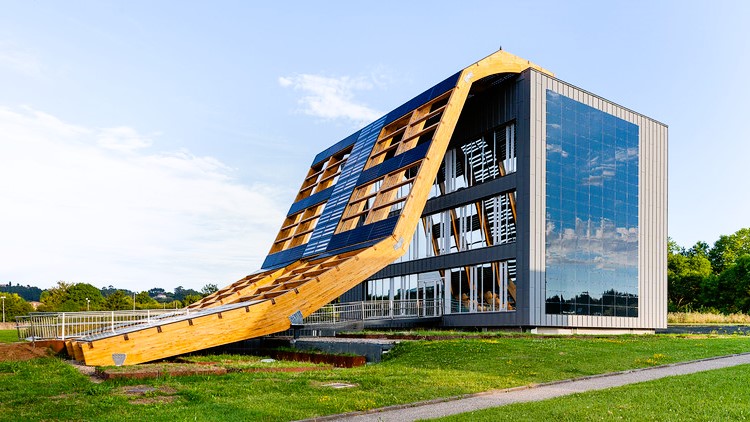
- Environmental Preservation: Sustainable construction reduces the environmental footprint by minimizing resource consumption, promoting renewable energy sources, and utilizing eco-friendly building materials. By implementing energy-efficient designs, sustainable construction projects in Kenora contribute to the reduction of greenhouse gas emissions, air pollution, and overall environmental degradation.
- Cost Savings: While sustainable construction practices may require an initial investment, they offer long-term cost savings. Energy-efficient buildings, for example, reduce operational expenses through reduced energy consumption. Additionally, sustainable designs and materials can enhance durability, reducing maintenance and repair costs over time.
- Improved Indoor Air Quality: Sustainable construction prioritizes the use of low-emission materials and efficient ventilation systems, leading to improved indoor air quality. This benefits the health and well-being of occupants, reducing the risk of respiratory issues and other health-related problems.
- Community Well-being: Sustainable construction practices have a positive impact on the overall well-being of the community. By creating healthier and more comfortable living and working environments, sustainable buildings contribute to the quality of life for residents of Kenora. Additionally, sustainable construction projects often involve community engagement and employment opportunities, fostering social cohesion and economic development. Improving the efficiency of prefabricated structures, how to achieve this.
Sustainable Construction Initiatives in Kenora:
- Energy-Efficient Building Design: The city of Kenora encourages energy-efficient building design through building codes and regulations. These guidelines promote the use of energy-efficient materials, insulation, lighting systems, and renewable energy sources. By adhering to these standards, construction projects contribute to energy savings and reduced carbon emissions. [^1^]
- Waste Management and Recycling: Sustainable construction practices in Kenora prioritize waste reduction, reuse, and recycling. Construction and demolition waste is managed responsibly, diverting materials from landfills and promoting the use of recycled or reclaimed materials. The adoption of waste management plans ensures the efficient use of resources throughout the construction process. [^2^]
- Green Building Certifications: Green building certifications, such as LEED (Leadership in Energy and Environmental Design), are gaining recognition in Kenora. These certifications recognize buildings that meet stringent sustainability criteria, including energy efficiency, water conservation, and environmental performance. They provide guidance for architects, builders, and developers to incorporate sustainable practices into their projects. [^3^]
- Collaboration with Stakeholders: The city of Kenora collaborates with various stakeholders, including construction industry professionals, government agencies, and community organizations, to promote sustainable construction practices. By fostering partnerships and sharing knowledge, the city aims to create a collective effort towards building a greener and more sustainable future.
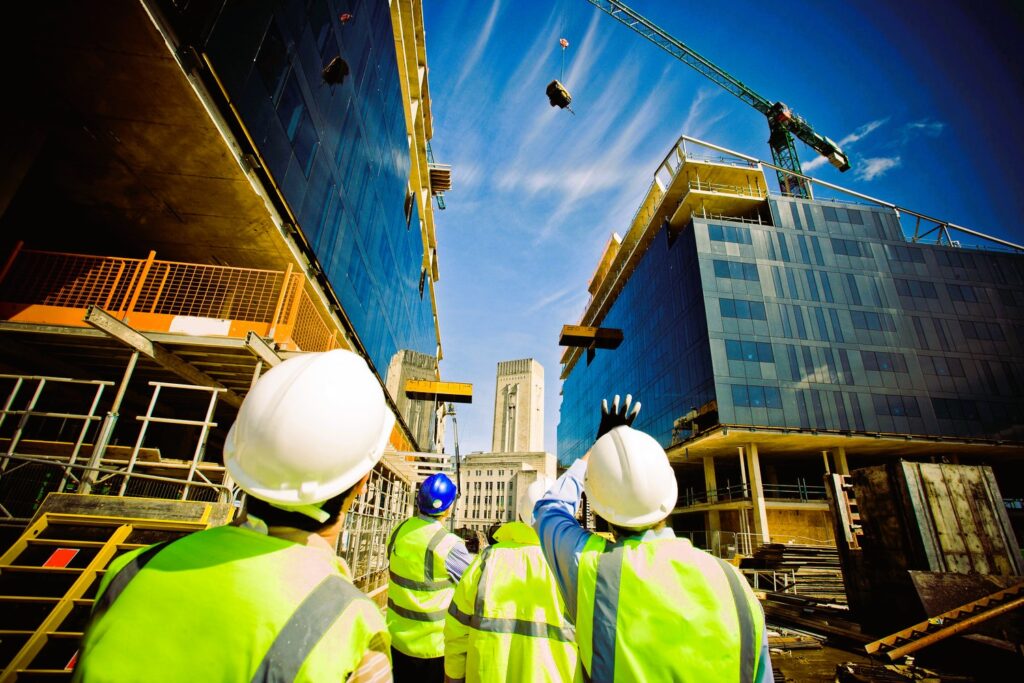
Conclusion:
Sustainable construction practices are essential for building a greener Kenora. By adopting energy-efficient designs, promoting waste reduction and recycling, and prioritizing community well-being, the construction industry in Kenora can contribute to a more sustainable and environmentally conscious future. Continued collaboration among stakeholders, adherence to green building certifications, and ongoing innovation will pave the way for a greener Kenora, benefiting both present and future generations.
For more information on sustainable construction practices, you can visit the following websites:
- Wikipedia: Sustainable Construction
